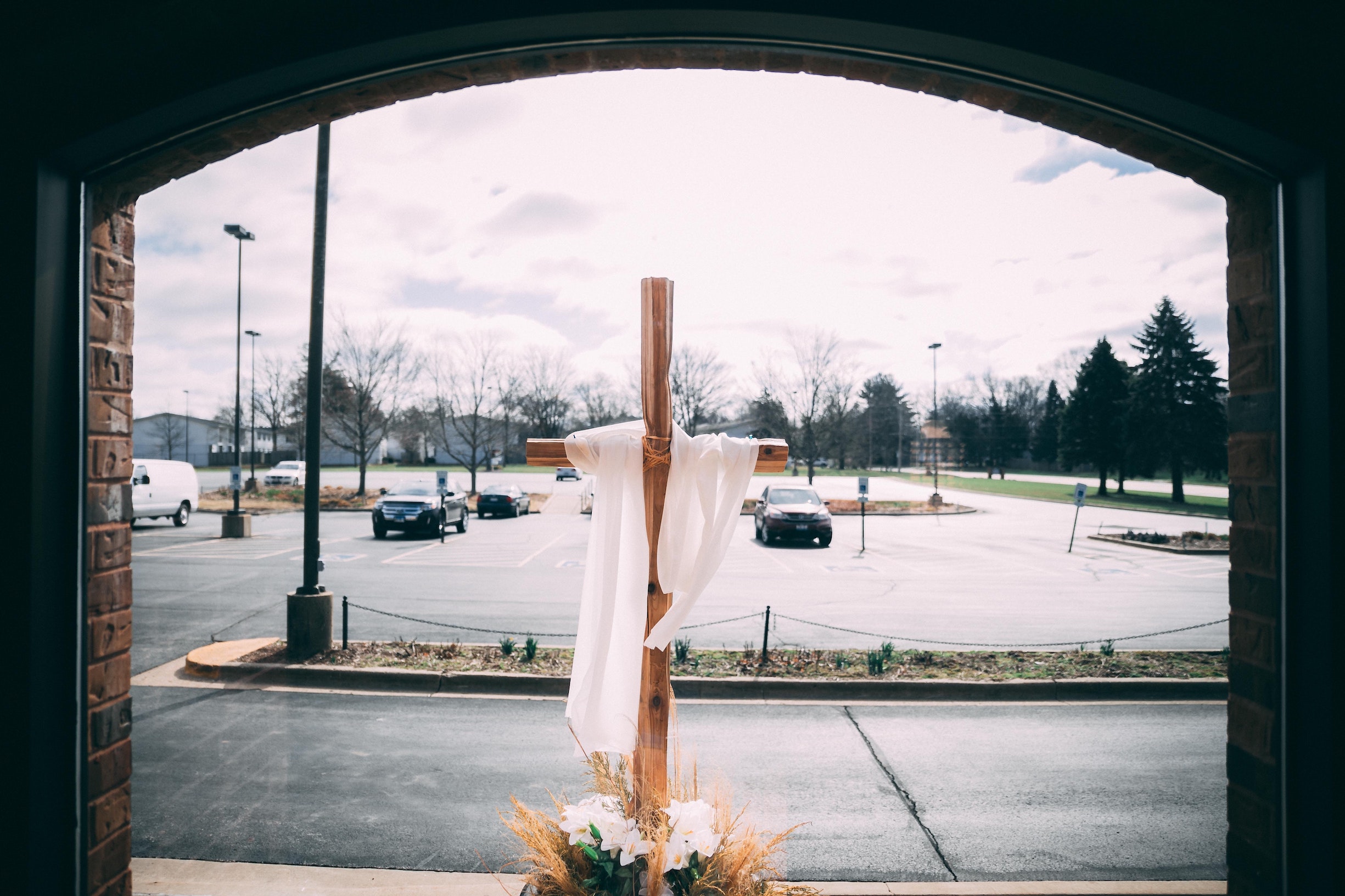
I remember my very first Easter sermon as a new pastor. I had been in the job at our small church barely ten months. I really didn’t know much of what I was doing, to be honest, and the people there were so gracious to endure my inexperience.
But I couldn’t wait for Easter. I knew our auditorium would be fuller than it typically was. I was full of nervous energy. A generous donor paid for a catered breakfast before the service. Our volunteers worked hard on activities for the kids. Yet when I ascended the stage, I prayed God would block out all the noise and help me focus on the central message at the heart of our gathering this morning.
This Easter there will be no shortage of things that will weigh on your heart. Pastors are facing pressures like they’ve never faced before. The pandemic has created exposed deep rifts on safety and fear and mask-wearing and even the act of gathering itself. Racial and political tensions have squeezed and forced pastors into difficult positions. And many families, isolated for so many months, are emerging with mental health issues, relationship dysfunction, and a sense of despair. To pastor now is exceedingly difficult.
And yet, the message of Easter is why we got into this business in the first place. We put ourselves through seminary, we surrender our lives to this mysterious calling, we hammer out sermons, visit people in hospitals, put up with the shifting whims of congregants all because of one singular fact: Jesus Christ rose from the dead.
Paul grounds his whole ministry in this fact when writing to a Corinthian church that had given him so much trouble. Sexual scandal, divisiveness, gluttony, greed, personality worship, arrogance, and so many other issues (sound familiar?) plagued this New Testament church. Yet Paul endured betrayals, shipwreck, stoning, abandonment, ostracization by his family, and a thousand other points of suffering because he knew and believed Jesus had defeated sin, death, and the grave. If Jesus didn’t rise, Paul says, it is Christians who should, of all people be “most pitied” (1 Corinthians 15:19). Ministers of the gospel should especially be pitied if we don’t, down to our very bones, believe the resurrection to be true. This also means that believing it’s true helps us see past the noise and declare this good news with power on Easter morning.
You might be tempted to think, after scrolling the social media posts of cynical Christians, that all is lost in the world, that the church has failed so badly, that you getting up and opening the Word and declaring the gospel on Sunday just no longer works. You might be tempted to think that the idea that Jesus saves is a reality for another time, a past golden age when it was easier to preach. But you’d be wrong. Christ is as alive today as he was yesterday and the Spirit is, right now, drawing the hearts of men and women toward salvation. Even in your community. Even with your feeble efforts and preaching. Even among the seemingly intractable folks who will stumble into your church building or watch you online.
Let’s remember that the Christian church was built with people a recruiting firm wouldn’t necessarily target as catalysts for the next big movement. Jesus called very ordinary men and women to follow him, like the uneducated fishermen from Galilee, a tormented woman named Mary Magdalene, and a stubborn persecutor named Saul. There was no evangelical infrastructure to support the early church, only the Spirit of God and the willingness of those who witnessed the miracle of the Resurrection.
The Peter who preached at Pentecost and saw thousands converted was slinking away in fear only months earlier. The Thomas who gave his life to evangelize India had to be dragged by his fellow disciples toward Jesus after the crucifixion. The John who would pen much of the New Testament was not an Apostle of love when Jesus first chose him, but a Son of Thunder wanting to call down fire on his opponents.
This should give us encouragement about the flaws of the Christian movement and the flaws of its messengers. From the first century to the twenty-first, the church has been characterized by a mixture of both faithfulness and faithlessness, sin and salvation, saints and scoundrels. Even at our best, it has been the church itself that has empowered the church’s witness, but the Spirit of God. In other words, you, pastor, can find hope this Easter in preaching the gospel because Christ is building his church and the gates of hell will not prevail against her.
So, as you put your finishing touches on your sermon this Easter, as the enemy’s doubts crowd your mind, as your own insecurities plague you, as the worries and cares of congregational shepherding weigh on your heart, take courage in knowing that you are not the first one to stand and declare that Christ is risen and you are not the last. You are not only standing on the shoulders of those who have gone before, you are standing the central truth that has empowered missionaries and martyrs for 2,000 years. And you are standing in the power of the Spirit of God who is as active this Easter season as he has been at any time in church history.
God can use your feeble obedience. So forget the noise and preach the resurrection of the Son of God.

